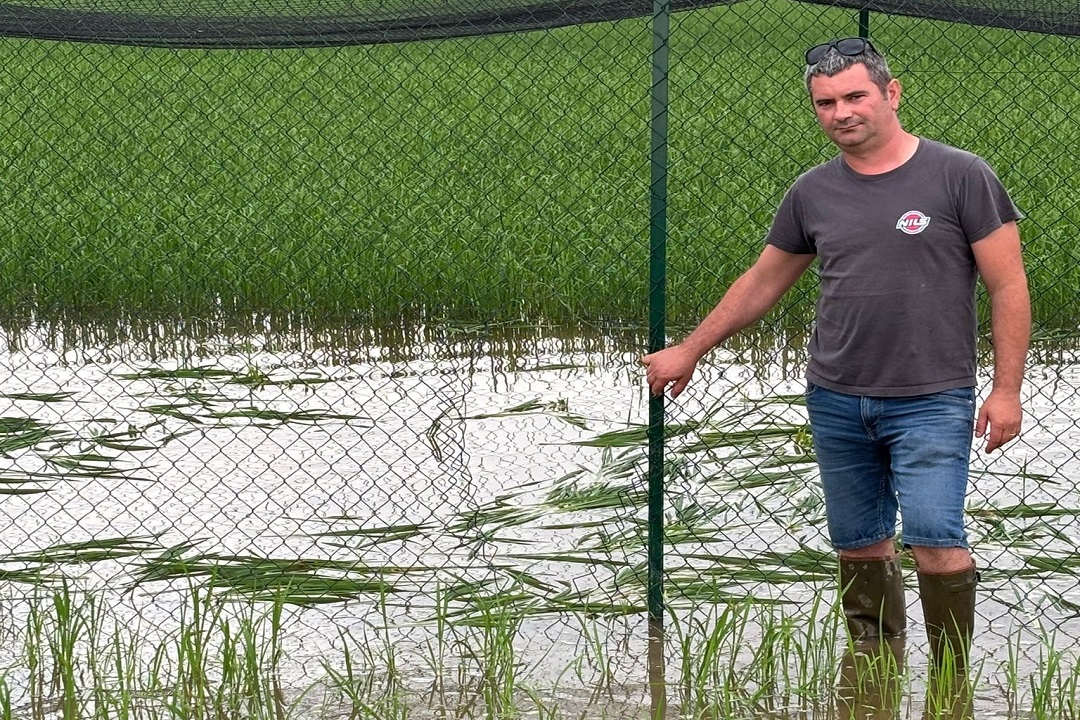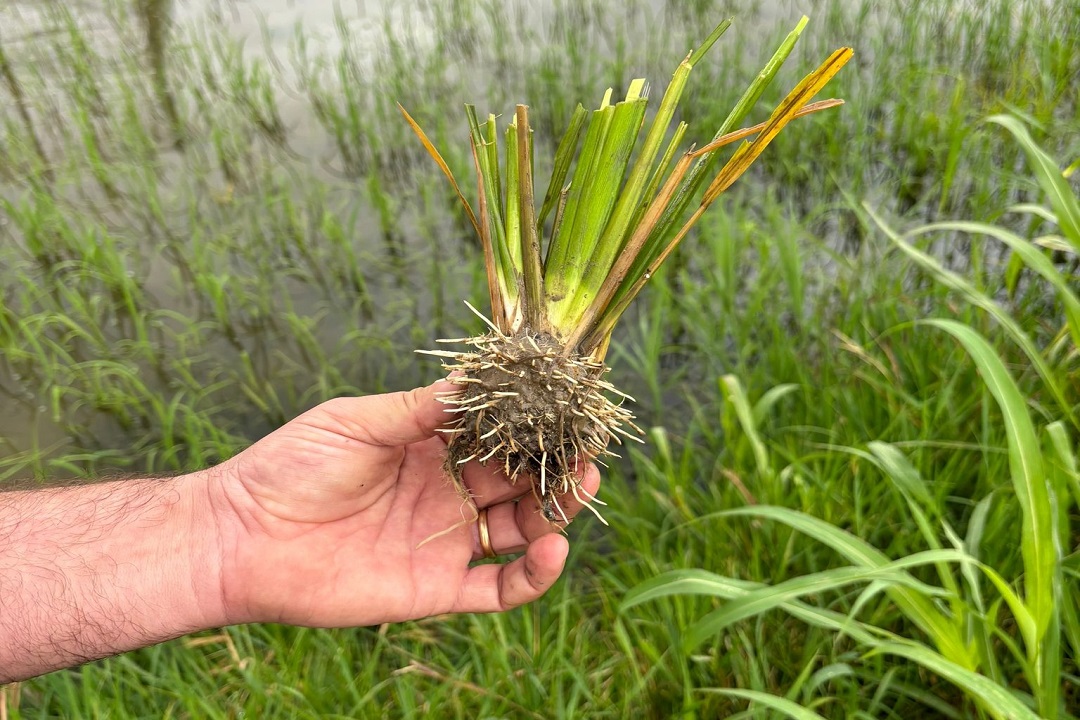
During the night of June 20 and 21, 2024, a group of unknown individuals entered the experimental field at the Cascina Erbatici farm in Mezzana Bigli (Pavia) and destroyed rice plants resistant to blast disease obtained through New Genomic Techniques (NGTs), known in Italy as Assisted Evolution Technologies (Tea). The incident was reported by major media outlets and social media, but subsequent coverage and commentary were limited to the industry press, failing to recognize the severity of the situation.
The Plants of Tomorrow
It’s not surprising, given how agriculture is generally portrayed in the media. Agricultural communication tends to be alarmist or overly romantic, painting a distorted picture of the farmer’s work and their products. It’s rarely acknowledged that the goal of the agricultural sector is to produce enough food to feed a rapidly growing global population, estimated to exceed 9 billion by 2050.
The European Green Deal, in line with the 2015 Paris agreement, assigns a key role to the Agriculture, Forestry, and Other Land Use (AFOLU) system in combating climate change. This includes addressing constant and pervasive changes in biological cycles of plants, pests, and diseases, necessitating the use of “tomorrow’s plants” to farm in the future climate.
New DNA Improvement Techniques
To meet these challenges, innovative tools like the Tea, new genetic improvement techniques, are essential. Developed in the last 10 years, these biotechnology methods allow for rapid and precise DNA correction in plants, selecting specific traits beneficial for agriculture that would be hard to obtain through other means.

There are two main Tea methods: genome editing and cisgenesis. Genome editing involves techniques like Crispr/Cas, capable of inducing targeted changes in a plant’s genome. Cisgenesis involves transferring an intact gene between two varieties of the same species or sexually compatible species, a process that occurs naturally.
The Importance of Experimentation
With the approval of the “drought decree” in April 14, 2023, Italy was able to start field trials of Tea, particularly to develop rice plants resistant to blast disease caused by the fungus Pyricularia oryzae, which severely affects rice production. By modifying a rice allele, two professors from the University of Milan, Vittoria Brambilla and Fabio Fornara, conferred blast resistance to the plant without altering its final product quality. This achievement is crucial, as it could greatly reduce the use of fungicides in fighting blast disease.
If the trials had been successful (there are positive indications), these Tea rice plants would have paved the way for further experiments on other crops in our agriculture, leveraging Italy’s rich agrobiodiversity heritage. While the rest of the world advances in research and experimentation, an anti-scientific approach by a few could jeopardize the country’s competitiveness.



